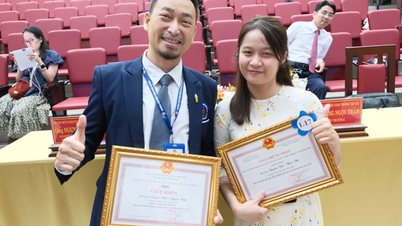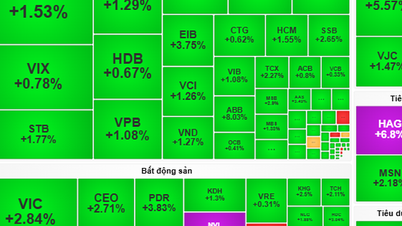Over the past decade, print media and television have been heavily influenced by the internet and social media. While the internet is mainly for young people with technology skills, social media covers a wide range of audiences, including children and the elderly.
Strengthening the supervisory role of the press
According to female PhD of philosophy Silke Fürst (University of Zurich, Switzerland), data journalism (BCDL) is driven by the increased availability of big data and the growing impact of data, algorithms and artificial intelligence (AI) on all areas of society.
“Data journalists develop and tell data stories by analyzing and visualizing large datasets, guided by a spirit of openness, transparency, and investigative work,” the doctor explains. “That spirit is reflected in conceptions of the role of data journalists and the potential social impact of their coverage. BCDL is said to improve investigative reporting, strengthening the watchdog role of journalism.” According to author Gilbert Ostini writing on the Short Hand website, the world press is investing in data-driven stories, meeting readers’ growing demand for long-form journalism. Readers expect excellent data interactions and infographics from newspapers such as the British daily The Guardian, American daily The Washington Post, New York Times, or Argentina’s Propublica and La Nación.

Data journalism is said to improve investigative reporting and strengthen the watchdog role of the press. Photo illustration AI: ANH PHUC
Some of the most pressing stories and compelling events over the years have been data-driven journalism and investigative reporting. In 2016, for example, financial data gleaned from the Panama Papers led to a series of investigations into global capital flows and tax evasion. In 2019, satellite data exposed the entirely human-caused Amazon wildfires.
Turn defeat into victory
In Vietnam, many newspaper brands have become famous and loved by readers nationwide from a series of investigative reports - a type of data-based journalism.
In print newspapers, BCDL appears in in-depth research series and investigative reports. In digital newspapers - electronic newspapers, BCDL appears in longform form with unique and attractive presentations and representations thanks to rich data (images, charts).
The advantage of BCDL on the internet also lies in its ability to expand with links to other data sources globally, plus instant interaction between the newsroom and readers. Dr. To Van Truong suggests that the BCDL service needs to take advantage of information strengths to provide in-depth reports, data analysis, and provide to businesses and organizations. In the journey of implementing the journalism economy, online newspaper editorial offices are implementing forms of collecting money from readers. Many newspapers, instead of charging monthly newspaper fees, have chosen to build their own specialized pages, with carefully invested articles that readers have to pay for. And those are the works that, according to Dr. Silke Fürst, the potential impact of BCDL depends largely on the political context, news resources and journalistic skills, as well as the interests and knowledge of readers. Its potential impact has not yet been fully realized. AI-based tools bring opportunities but also pose challenges to the production and use of BCDL. In the discussion session with the theme: "BCDL and outstanding content strategy" within the framework of the Vietnam Press Forum 2024, Associate Professor, Dr. Do Thi Thu Hang commented: "In Vietnam, some press agencies are promoting multimedia content strategies, combining BCDL with science and technology and creative ideas; some press agencies focus on in-depth content strategies for niche markets". Mr. Kah Whye Lee, Regional Director of Asia, World Association of Newspapers and Publishers (WAN-IFRA), said that the number of newsrooms with strong digital transformation is currently on the rise. Newsrooms focus on applying AI, developing data analysis and in-depth information. Also in the discussion session, Associate Professor Dr. Tran Quang Dieu said that in the past, data only participated in part of the articles, but now, technology has made data present as a new genre of journalism. Mr. Dieu proposed a model for writing data articles: from the idea, reporters and editors will identify data, enrich data based on technology platforms, analyze and evaluate, then visualize before publishing.
It can be said that with BCDL, newsrooms can "turn defeat into victory" when they know how to exploit the strengths of technology, the internet, big data, and AI to serve their professional activities.
Promoting unique advantages
According to experts, to survive, traditional press needs to make the most of its unique advantages, including its data warehouse. BCDL is the difference between traditional press and social media. Social networks can provide "hot" news quickly, while traditional press has a monopoly on in-depth articles that pose and solve problems.
Source: https://nld.com.vn/kien-tao-nen-bao-chi-du-lieu-voi-ai-196250920215516909.htm



![[Photo] General Secretary To Lam and National Assembly Chairman Tran Thanh Man attend the 80th Anniversary of the Traditional Day of the Vietnamese Inspection Sector](https://vphoto.vietnam.vn/thumb/1200x675/vietnam/resource/IMAGE/2025/11/17/1763356362984_a2-bnd-7940-3561-jpg.webp)


































































































Comment (0)